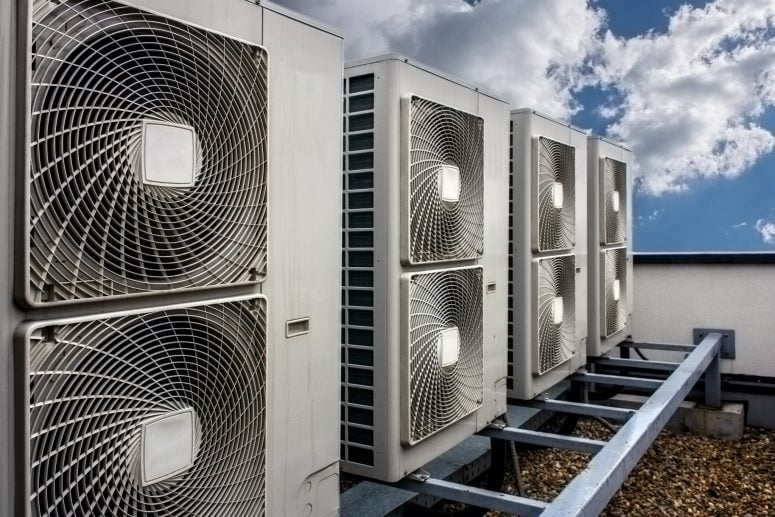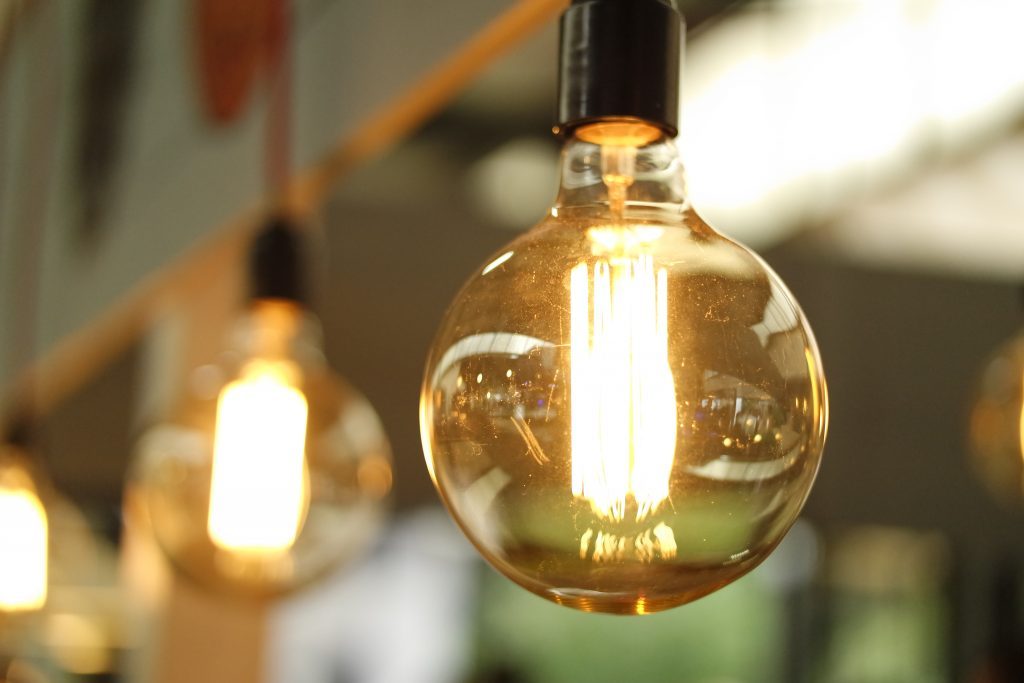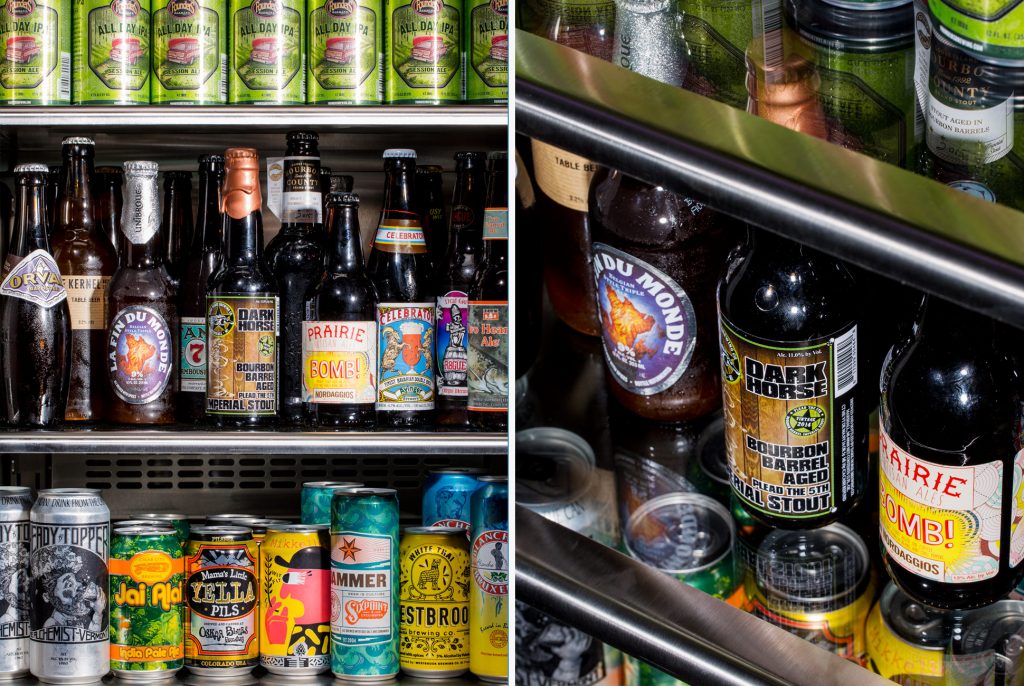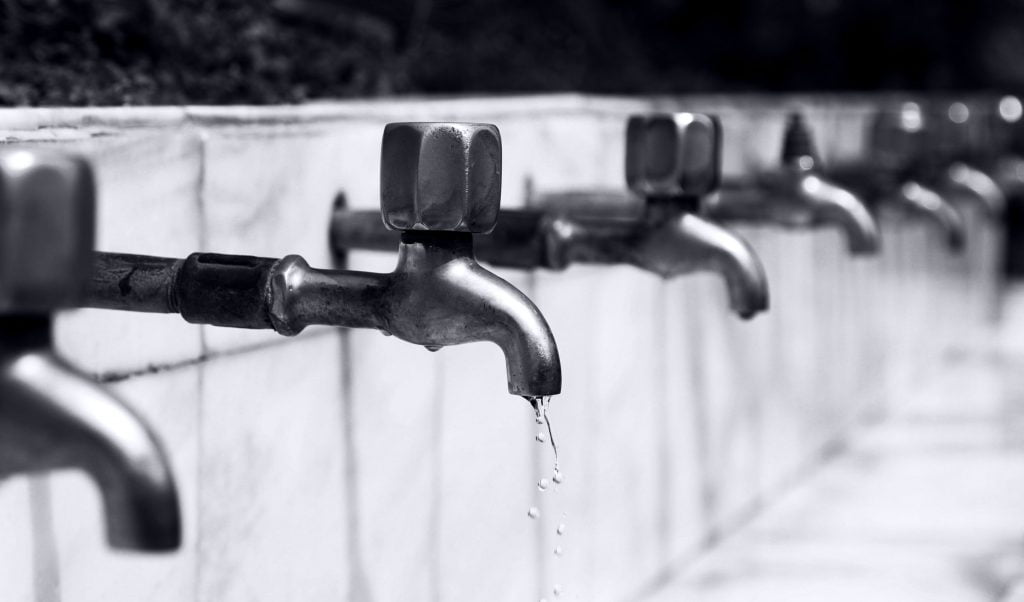As summer approaches and power prices continue to skyrocket, these tips for becoming a more energy-efficient pub will help you save money on your business’ electricity bills during the energy-intensive months.
Air conditioning energy efficiency

Air conditioning is essential for keeping your pub nice and cool in the summer months, but it also adds a lot to your power bill. The air conditioning usage tips are meant to bring electric bill savings for pubs and we’re sure you can benefit from them:
- Stick to the recommended temperature
20°C to 22°C is the perfect temperature for bars and lounges – any cooler and you will force your air conditioning unit to work harder and possibly chill people to the bone!
- Divide your pub into zones
Having separate controls for the bar, lounge, function room, and other areas allows you to cool (or heat) each zone separately based on occupancy. Also, make sure that the doors close automatically so you don’t waste electricity when people forget to close the door – otherwise, the air conditioner will work harder trying to cool the area outside.
You should also consider using ceiling fans to circulate the cool air.
- Install an electronic time switch
Time switches keep you from forgetting to turn your air-conditioning unit on or off. Installing timers like these is a great idea if you have different opening and closing hours during the week because you can set the schedule ahead of time.
Make sure to time it so the pub reaches the ideal temperature as people arrive and so the aircon switches off as people leave so you’re not unnecessarily cooling an empty pub.
- Move thermostats away from temperature extremes
Keep your thermostat away from draughty areas, direct sunlight, or heat-producing appliances like cookers, ovens, and refrigerators because it will mistakenly read the area as too hot and the air conditioner will work in overdrive. Regular maintenance is also a must to keep it in working form.
Another thing to remember is to tell your staff not to fiddle with the thermostat too much; setting it at the lowest temperature will not speed up the cooling process.
Lighting energy efficiency

Effective and attractive lighting is essential for building a good atmosphere in your pub, but if not done right, they can be costly. Fortunately, there are some energy-efficiency tips that you can follow to save on your bill.
- Keep the windows clean
One of the most cost-effective yet simplest measures you can take also has a big impact, and it’s actually something you should be doing regularly anyway – keeping your windows, skylights and light fittings clean!
Sparkling windows and skylights let sunlight in more, while clean bulbs emit light better so you won’t need to get globes with higher wattage. Combined, these can make your pub seem bright and welcoming without incurring unnecessary lighting expenses.
- Timers and LEDs
You can actually save up to 50% on your electricity bills when you install automatic lighting controls and LED lighting systems. This way, you consume less electricity with LED globes compared to the traditional incandescent bulbs, and you don’t forget to turn the lights off manually anymore which, honestly, can happen a lot when you’re busy.
Cellars and refrigeration

The energy used for cooling beverages in a typical pub usually accounts for more than 10% of the total energy cost. About half of this goes into cellar cooling.
That said, you can save anywhere from 10-15% by following these key energy efficiency tips for cooling cellars:
- Use natural refrigerants and ensure that units are well-maintained
The first big energy efficiency tip that you can make is to use refrigeration units that use natural refrigerants or hydrocarbons. These units are much more energy-efficient, allowing you to save about 17-38% on energy, and have a much longer lifespan than those that use synthetic refrigerants.
- Improve the layout
Put any heat-producing equipment such as line coolers for beer and soft drinks, cooling cabinets and icemakers outside the cellar in a well-ventilated area.
- Install thermal insulation and draught stripping
Insulate any heating pipes to prevent the cellar from heating up. You should also make sure that cellar doors and hatches are draught-stripped and insulated. Access doors should be self-closing and always shut immediately after deliveries.
- Replace lighting
Replace standard tungsten bulbs with compact fluorescent bulbs (CFLs) or fluorescent strip lighting and turn them off whenever they are not needed.
- Make sure door seals work and never leave doors open unnecessarily
These next ones might seem obvious but their impact on energy consumption patterns cannot be denied.
One is to not prop doors open, and the second is to ensure that self-sealing doors close properly that is, quickly and completely airtight. Moisture inside the refrigeration unit may negatively affect efficiency levels.
- Make sure the refrigeration unit has plenty of ventilation
You should always place your refrigeration system in the coolest part of the room. Good ventilation around the fridge or freezer will increase efficiency and maximise the lifespan of the equipment. To keep it working well, ensure that the refrigerator has enough breathing space and does not stack right up against a wall and always keep the coils clean.
- Make sure the coils are well-maintained
A refrigeration unit’s coolant traverses through its coils, so it’s vital that the coils are always in top form. Even the accumulation of pet fur and dust can cause the coils to overheat and make it harder for the refrigerant to circulate properly; once that happens, expect melted ice cream and spoiled meat.
- Keep the refrigeration units well-stocked
Try to keep the fridge or freezer as full as possible because an empty machine will have to work much harder to keep its temperature. That said, you should avoid overstocking your refrigerator or freezer because when the items are too crowded together, it becomes harder to cool them.
In fact, a good tip is to plan how to use the refrigerator or freezer space well. Aside from making sure it’s not too empty or too filled, it’s a good idea to purchase a machine that has self-closing half doors, rather than full doors. This will allow you to access only the relevant compartment and keep the temperature stable in the other compartments.
- Make sure units are frost-free
Ice build-up has a big effect on both fridges and freezers. Even if your machines are designed to have minimal build-up, frost still accumulates over time. An iced-up freezer has the same effect on the unit’s motor that overstocking has.
- Turn the unit off for three hours overnight
If possible, use a timer to turn freezer units off for three hours overnight. This might not be applicable to all your chilled storage, but the temperature will not drop much during that time-frame.
- Upgrade units with a variable speed drive or soft starter
Refrigeration systems are designed for full-load conditions, but most of the time, their loads are average, not peak, and full motor capacity is not required. Using a variable speed drive allows the unit to intelligently use energy by running at a lower frequency in quiet periods.
- Set temperatures to optimum conditions
Set the cooling system’s controls to the recommended cellar temperature, usually between 11°C and 13°C. Use a thermometer to regularly check that this temperature is maintained as overcooling the cellar by even 1°C can increase energy costs by up to 10%.
Water energy efficiency

- Avoid overheating water
It’s potentially dangerous and definitely costly. The optimum temperature for stored hot water is 60°C. This is hot enough to kill Legionella bacteria and warm enough for staff and guests to use safely and comfortably.
- Upgrade your toilets to become more water- and energy-efficient.
Urinal flush controls can help to reduce unnecessary flushing in your toilets so there’s less water used and more money saved. There are also no-flush options available on the market. You should also invest in sensor-controlled faucets or push taps, rather than older screw taps for hand-washing.
Electricity-wise, using a sensor for bathroom lighting can also help save on bills.
The building
About two-thirds of heat from a typical building escapes through the walls, floors, and ceilings. It’s a good idea to make sure that everything is insulated properly to keep the cool air in and the warm air out.
Catering
If your pub has a kitchen, think about installing a sub-meter to see how much energy is being used. This will help identify both wastage and opportunities for cost savings, and also help you justify any investments required in order to reduce running costs.
Also, make sure that ovens, stoves, and hot plates are not placed close to refrigeration units.
Running a pub during the summer is no joke. On the one hand, there are probably more people wanting to come in for an ice-cold pint, but if the energy supply is erratic, you might have to serve warm beer in a non-airconditioned pub. This is why it’s good to have a few energy efficiency tips, like the ones we shared above, that can help bring down the energy costs of pub businesses like yours.
Want to learn more about energy efficiency?
For more of the like, or to learn more about how to reduce your spending on energy, check out our articles on saving money on lighting, energy consumption management, and airconditioning efficiency. Want to learn about current commercial electricity prices in Australia or read about energy market updates? We also have you covered.
But if you’re keen on signing up for energy tenders for your business, call us at 1300 852 770 or e-mail us at hello@leadingedgeenergy.com.au.
Source: The Carbon Trust






